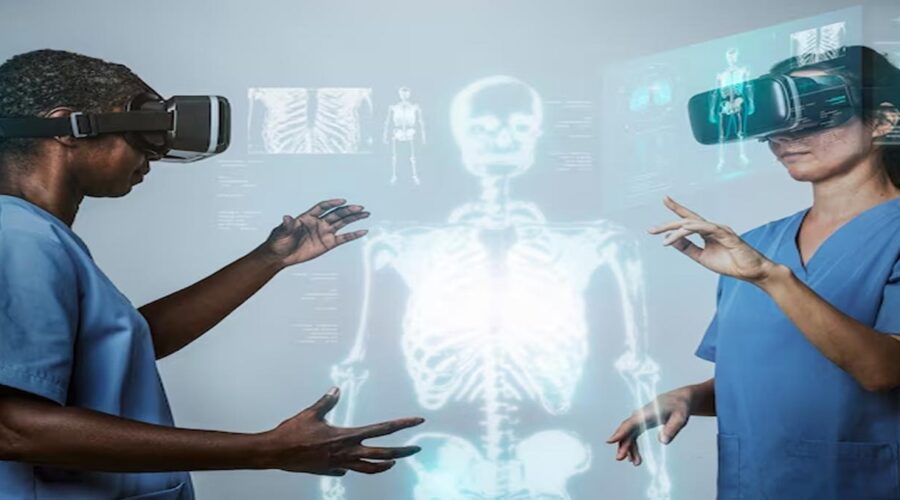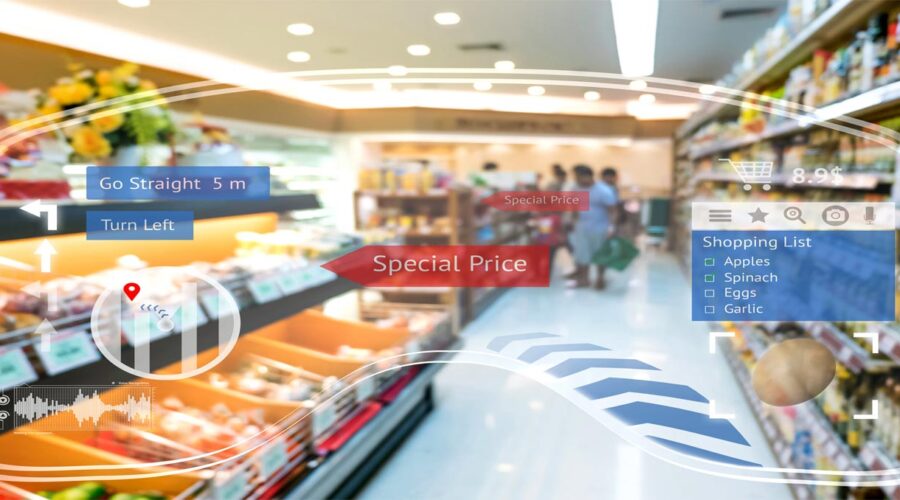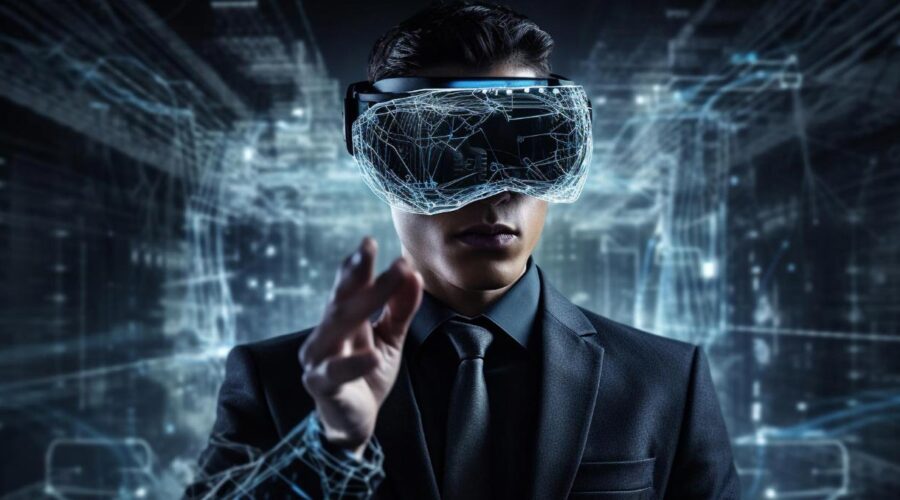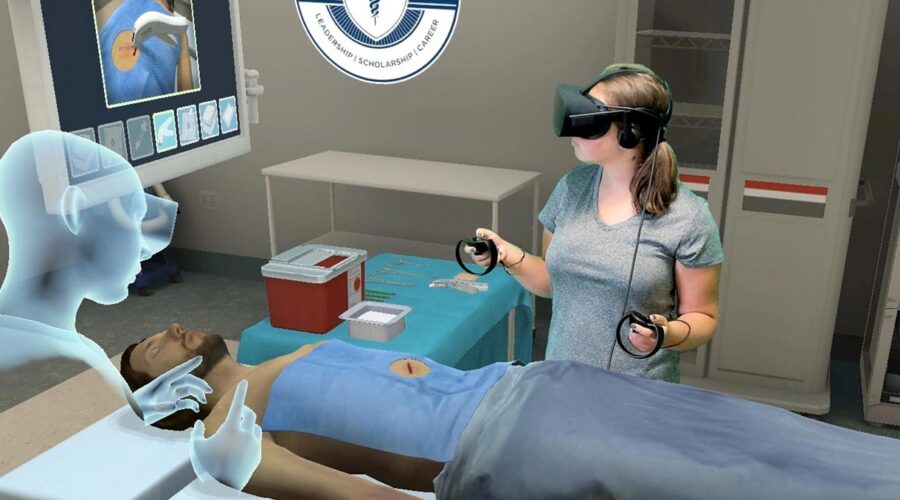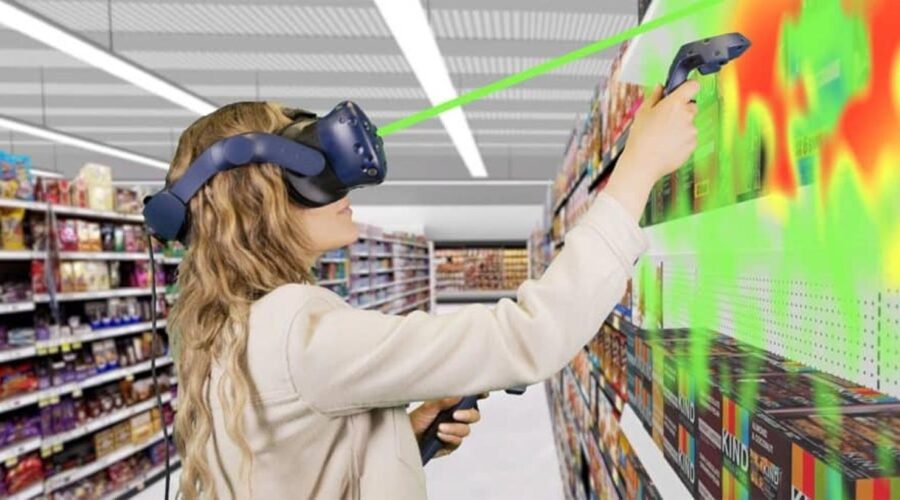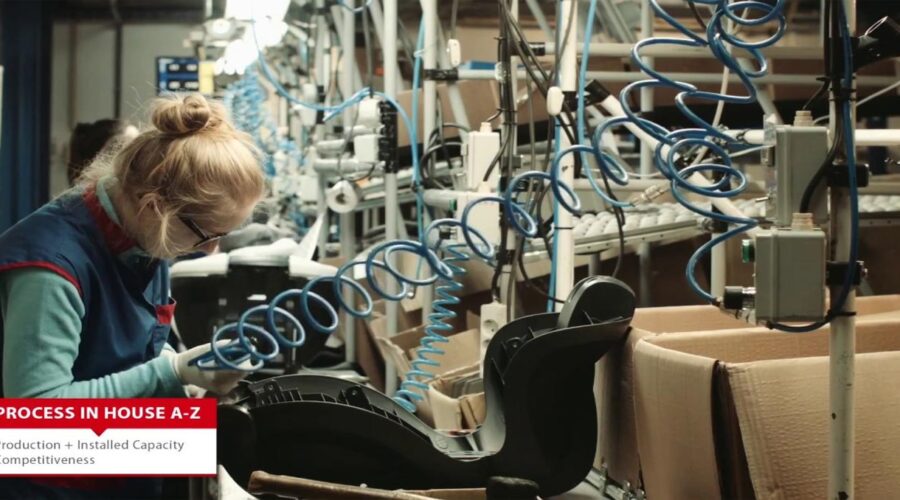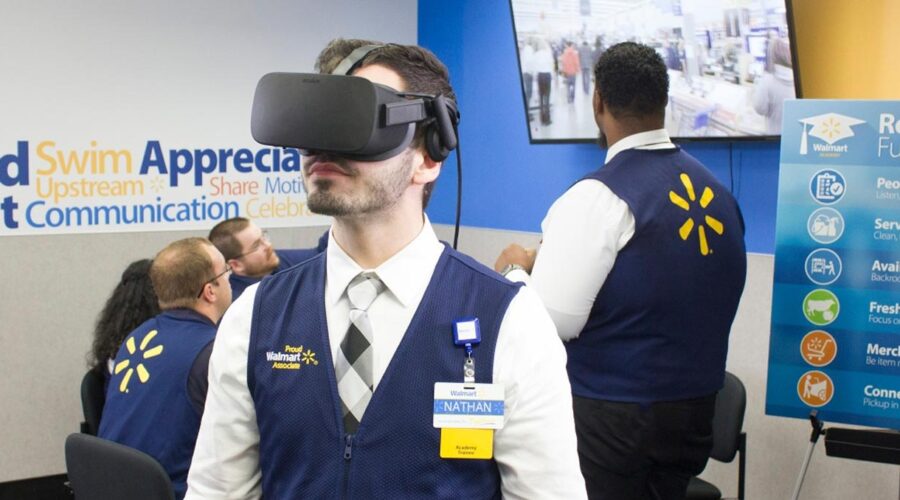Virtual Reality Simulations for Healthcare Training
Virtual reality simulations can significantly improve healthcare training by providing a safe and controlled environment for trainees to learn and practice critical skills. It can enhance skill acquisition and retention, improve decision-making, promote teamwork and communication, be cost-effective, and reduce risks to patients. As the healthcare industry continues to embrace technology, VR simulations will continue to play a vital role in training healthcare professionals to provide high-quality patient care.

